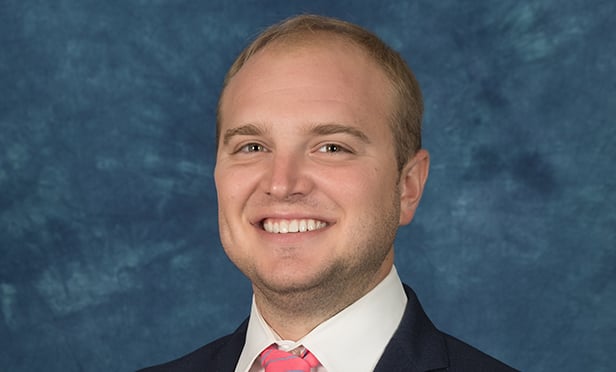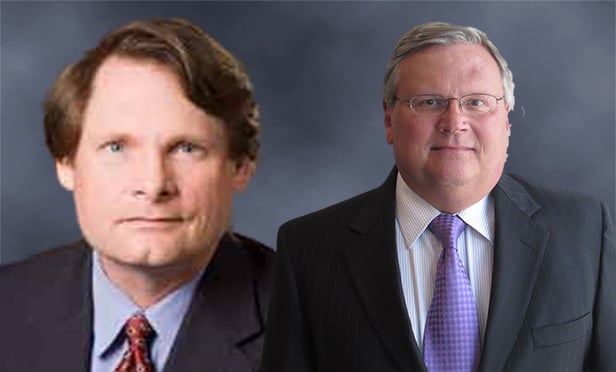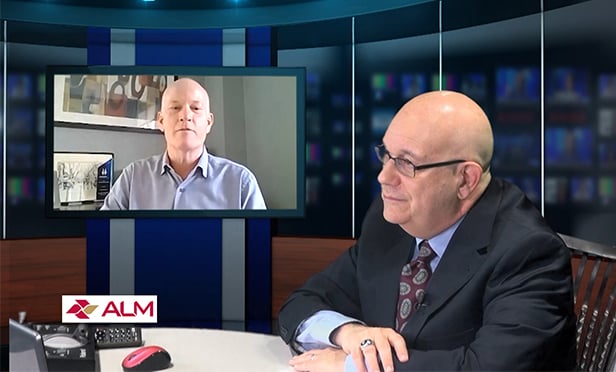Part 2 of 2
LOS ANGELES-Pity the government official who acknowledges a deficiency in any program or agency, but Kelly Boyer did just that at the ULI’s second annual FutureBuildLA green and sustainability event in Downtown Los Angeles, declaring that the agency is trying to eliminate one stupid rule per month. Boyer, multifamily housing director of the US Department of Housing and Urban Development, was out-of-earshot of a wise-cracker who said that such an effort would expunge all stupid rules in only a century or two.
Cheap shots aside, Boyer presented an earnest case for going green. “When we look at California’s sustainability, we know we aren’t going to get new money, but what you can do then is to try and change the policies that prohibit things from going forward.”
Boyer, who joined other panelists at the ULI’s second annual FutureBuildLA event on Tuesday in Downtown L.A., pointed out that one of HUD’s goals is to “eliminate one stupid rule per month, and we are trying to pick the rules that will have the biggest impact.” Boyer explained that “the things we put into place now in terms of financing and policy change will have the biggest impact in the next two, three and five years.”
Boyer and other panelists addressed the changing climate for business and development, especially sustainable development, from regulatory, financial, and marketplace perspectives and offered advice on where and how Californians can positively affect policy change in the state and the US.
James Finlay, vice president and commercial appraiser manager for Wells Fargo Retechs, offered a perspective that differed a bit from others on the panel because he comes from a large conservative bank. Wells Fargo is looking at quality projects because that is how it got into this business, Finlay said. What a project comes down to is location who is in that project, and then the basic valuations. He explained that in the scheme of his business, when he looks at retrofits, “something like the energy piece in the context of our underwriting is relatively small.”

FutureBuildLA Audience
However, Finlay pointed out that “If you come to us with a project without energy efficiency, that is a serious downside.” His advice: “When you come to a bank with a green project, be thoroughly documented. Third-party reports are a key part of banks’ understanding the risk and lending accordingly.”
Boyer pointed out that part of the problem is that the appraisal industry and appraisal standards haven’t really kept up with the green industry. “It doesn’t take into effect energy savings,” she said. “When a project comes into our office and has all this great green stuff, we are like yeah, that fits into our goal, but how do we underwriting on that?” Hertzberg’s suggestion: “Let’s create a standard that solves that problem.”
When asked what HUD is doing to promote TOD development, Boyer pointed out that outside of the FHA lending programs for multifamily, HUD wants to support TOD development but hasn’t really created any add-on or incentives that make it beneficial. “We need to work in partnership with the city so that we can get more, and spread the risk,” she said. “These projects come with very large commercial spaces, so we need those partnerships to step up and help us take that risk.” She added that because TODs typically generate 1,500 to 4,000 jobs, people should be willing to take that risk.
Other speakers at the ULI event included luncheon keynote Woodrow Clark, who addressed “the new economic paradigm” and what it means for urban planning and development in today’s environment. The afternoon keynote was led by George Denise, general manager for facilities at Cushman & Wakefield Inc. and Adobe’s director of facilities Mike Bangs, who case-studied Adobe’s portfolio of 17 properties totaling 1.6 million square feet. Adobe’s three headquarters buildings in San Jose, CA have all been certified as green buildings through the USGBC’s leadership in energy and environmental design program for existing buildings at the platinum level, the highest level achievable.
In 2006, Adobe Systems Inc. became the first organization in the world to certify its buildings through the permanent LEED-for-existing-buildings program at the platinum level. Yet, this was just the beginning for the company, which is now the “first organization to recertify through LEED at the platinum level,” according to Bangs, and in collaboration with its facilities management partner, C&W, the company continues to implement additional sustainable projects “with exceptional payback.”
Continue Reading for Free
Register and gain access to:
- Breaking commercial real estate news and analysis, on-site and via our newsletters and custom alerts
- Educational webcasts, white papers, and ebooks from industry thought leaders
- Critical coverage of the property casualty insurance and financial advisory markets on our other ALM sites, PropertyCasualty360 and ThinkAdvisor
Already have an account? Sign In Now
© 2024 ALM Global, LLC, All Rights Reserved. Request academic re-use from www.copyright.com. All other uses, submit a request to [email protected]. For more information visit Asset & Logo Licensing.








